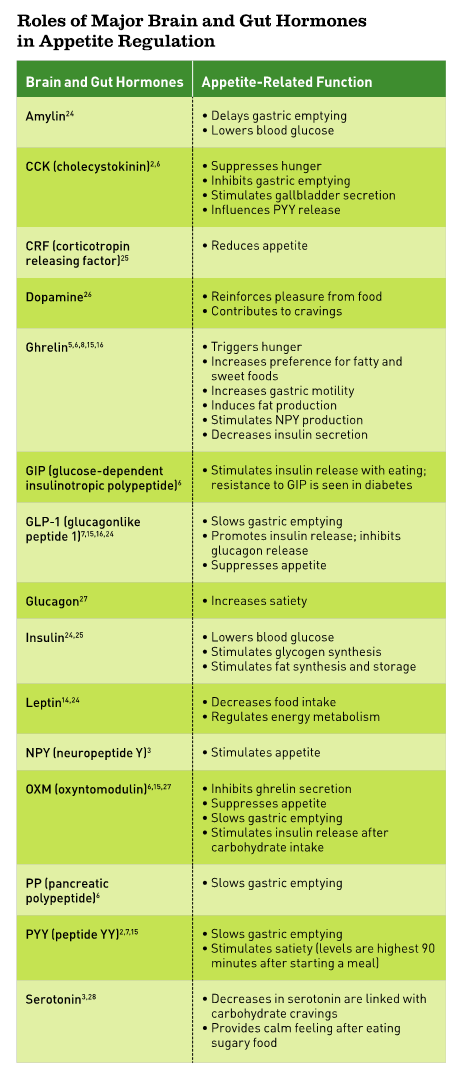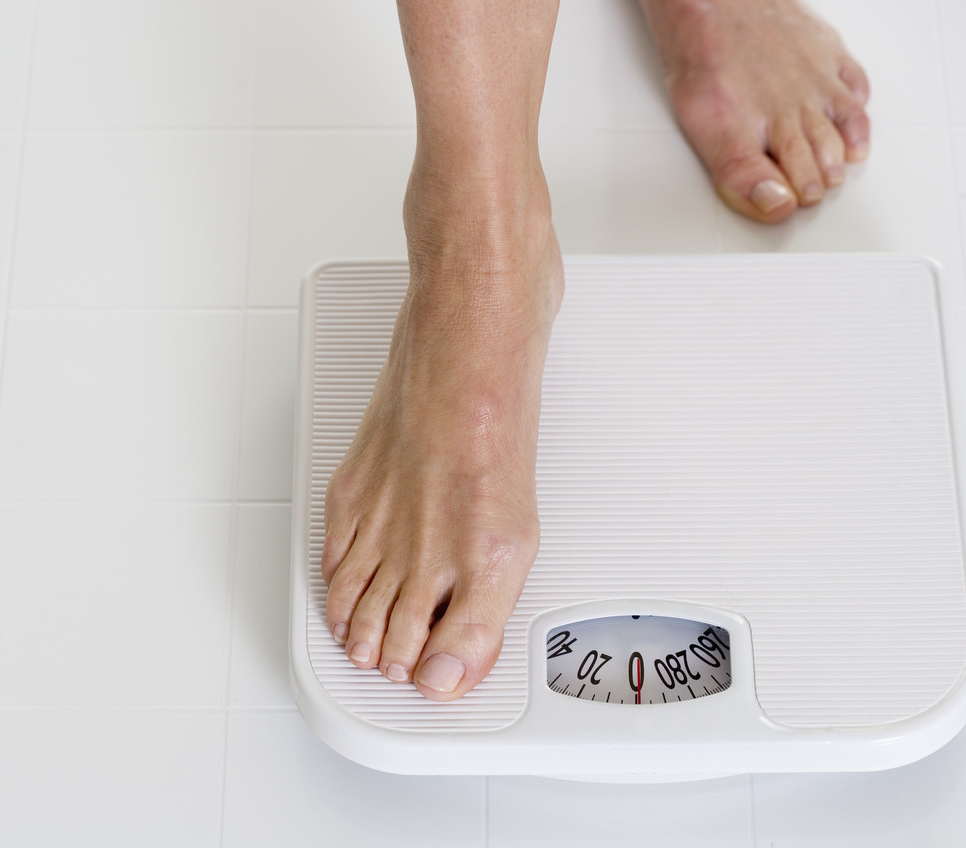Are You Gluten Free But Gaining Weight? Brain and Gut Hormones Can Impact Eating Behavior and Weight Loss
Going gluten free is touted as a great way to lose weight, but those diagnosed with celiac disease frequently struggle with weight gain as their body begins to absorb nutrients. They may be challenged to lose weight and keep it off. Experts suggest that there is more at play than simply eating less and resisting the notion that failure is simply a matter of not trying hard enough. The fact that two-thirds of adults in North America are overweight or obese suggest it’s a more complex situation. One component of the complexity is the influence of appetite hormones. During the past few decades, researchers have identified numerous hormones that play a role in overall appetite control, according to the July 2015 Issue Today’s Dietitian Vol. 17 No. 7 P. 26, Appetite Hormones By Marsha McCulloch, MS, RD, LD
Leptin: A Satiety Hormone
Ghrelin: The Hunger Hormone
Dopamine: The Reward Hormone
The Interplay of Genetics
Bariatric Surgery
Learn more about these hormones at https://www.todaysdietitian.com/newarchives/070115p26.shtml
Managing Appetite Hormones
Research into the role of hormones in hunger, satiety, and weight control continues, but what can dietitians do to help clients and patients? The following 10 tips can help stabilize hormone levels that affect hunger:
1. Eat on a schedule. “This helps prevent wide swings in appetite hormones, so you don’t get overly hungry, and it reduces the likelihood you’ll overeat, especially in the evening, which is when 90% of people are overeating,” Isaacs says.
2. Eat a high-protein breakfast. People who say they aren’t hungry for breakfast often will notice a shift to experiencing morning hunger relatively soon after they adopt a breakfast habit. A rise in morning ghrelin is part of that shift, and eating breakfast helps stabilize hunger for the entire day, Nolan Cohn says. Protein reduces ghrelin levels best, and generally increases leptin activity, too.
3. Eat a mix of macronutrients at meals and snacks. Protein is best at stimulating release of many satiety hormones, but carbohydrates and fat are more effective for stimulating certain satiety hormones, such as GIP (glucose-dependent insulinotropic polypeptide) and GLP-1, respectively.
4. Consume omega-3 fats. Omega-3 fats, such as those from salmon and DHA-fortified dairy products, can increase the number of dopamine receptors and dopamine levels, Blum says. Omega-3 fats also are anti-inflammatory and may help improve insulin and leptin sensitivity.
5. Eat ghrelin-suppressing foods at each meal. Topping the list are high-quality animal proteins, such as skinless poultry, lean beef, fish, eggs, and fat-free Greek yogurt, Nolan Cohn says. She also emphasizes unprocessed carbohydrates high in resistant (nondigestible) starch, such as lentils, oats, and sweet potatoes, which may help boost satiety hormones, including PYY and GLP-1.
6. Plan meals with low energy density (fewer calories per bite). Meals need to look visually filling in terms of volume, Nolan Cohn says. Research from Penn State University has linked low energy-dense diets with lower circulating levels of ghrelin and a trend toward higher circulating concentrations of PYY.23
7. Seek pleasure from other activities. The classic approach of finding an alternate activity to get your mind off a craving has benefits beyond distraction. Activities such as listening to music and doing yoga also increase dopamine levels, thus providing pleasure, Blum says.
8. Get adequate sleep (generally seven to eight hours). “When people get just two hours less sleep than what their body needs, their ghrelin levels will be higher the next day,” Nolan Cohn says. Insufficient sleep also can negatively impact leptin and insulin levels.
9. Commit to regular exercise. Physical activity not only burns calories but also can increase levels of certain satiety hormones, such as PYY and CRF (corticotropin releasing factor), and reduce leptin resistance.
10. Enlist support of mental health experts for bariatric surgery patients. This can help in identifying signs of transfer of addiction so they can promptly obtain assistance.

Read the complete article at https://www.todaysdietitian.com/newarchives/070115p26.shtml














